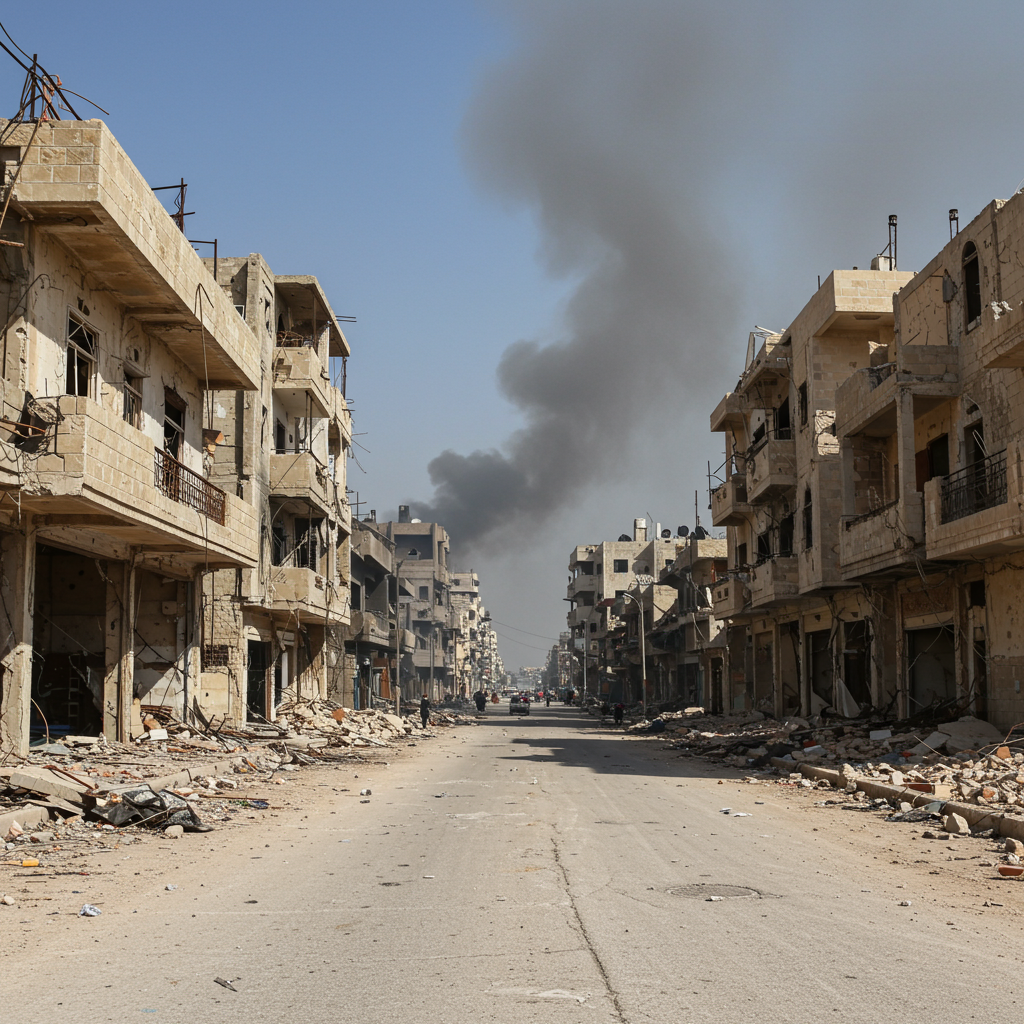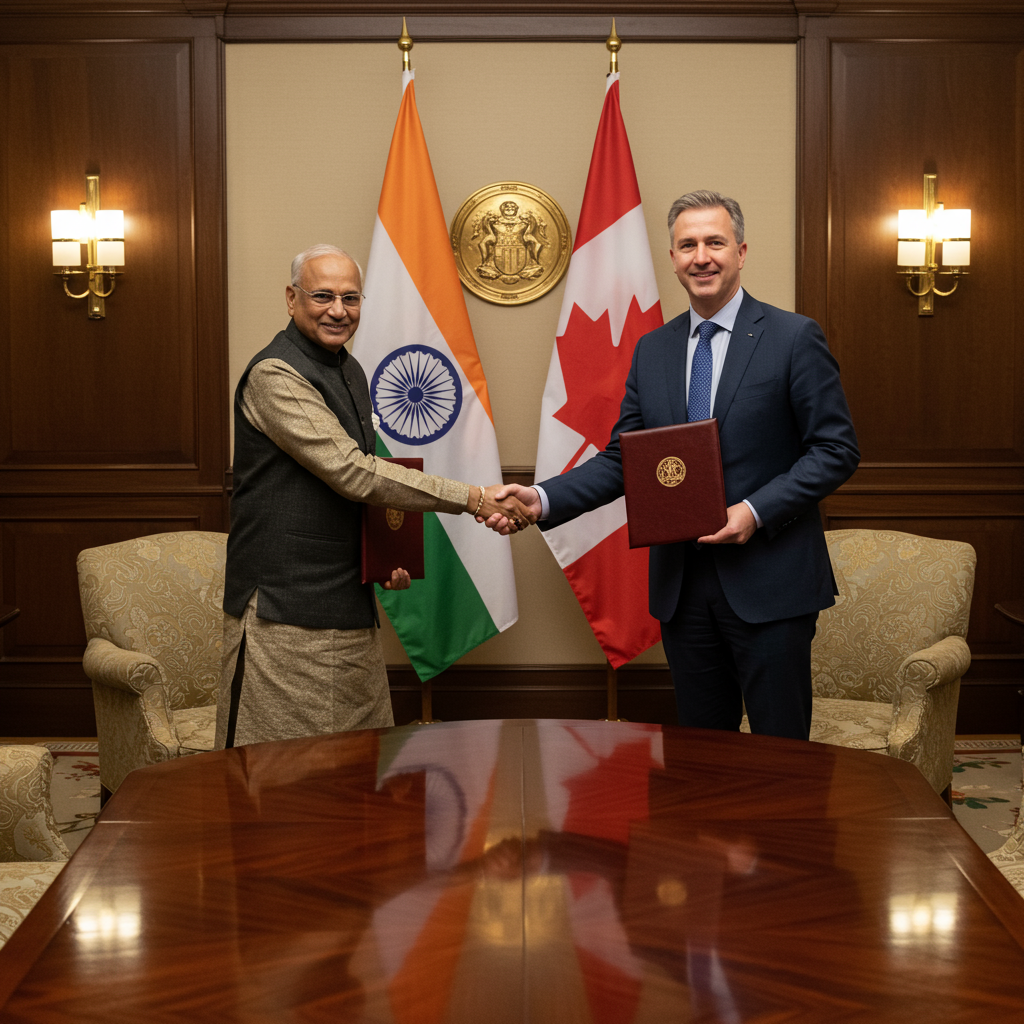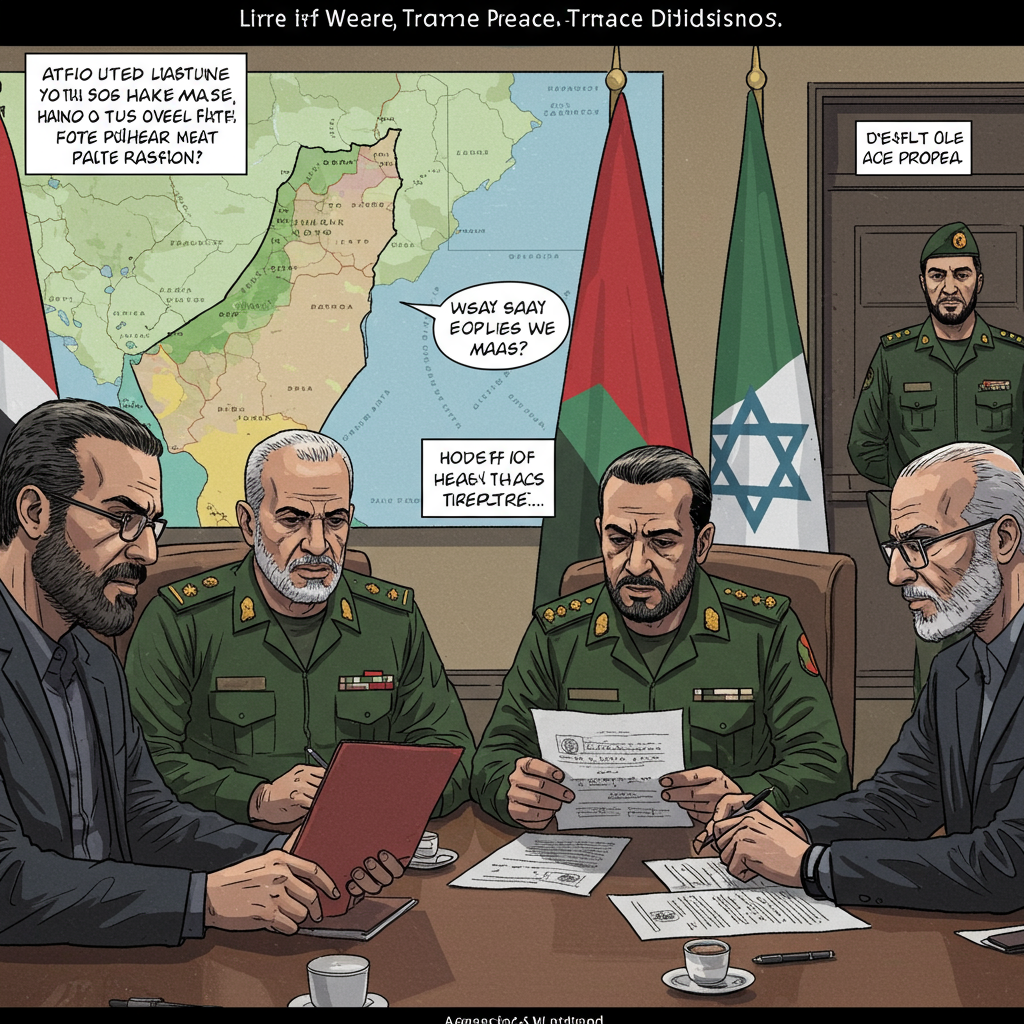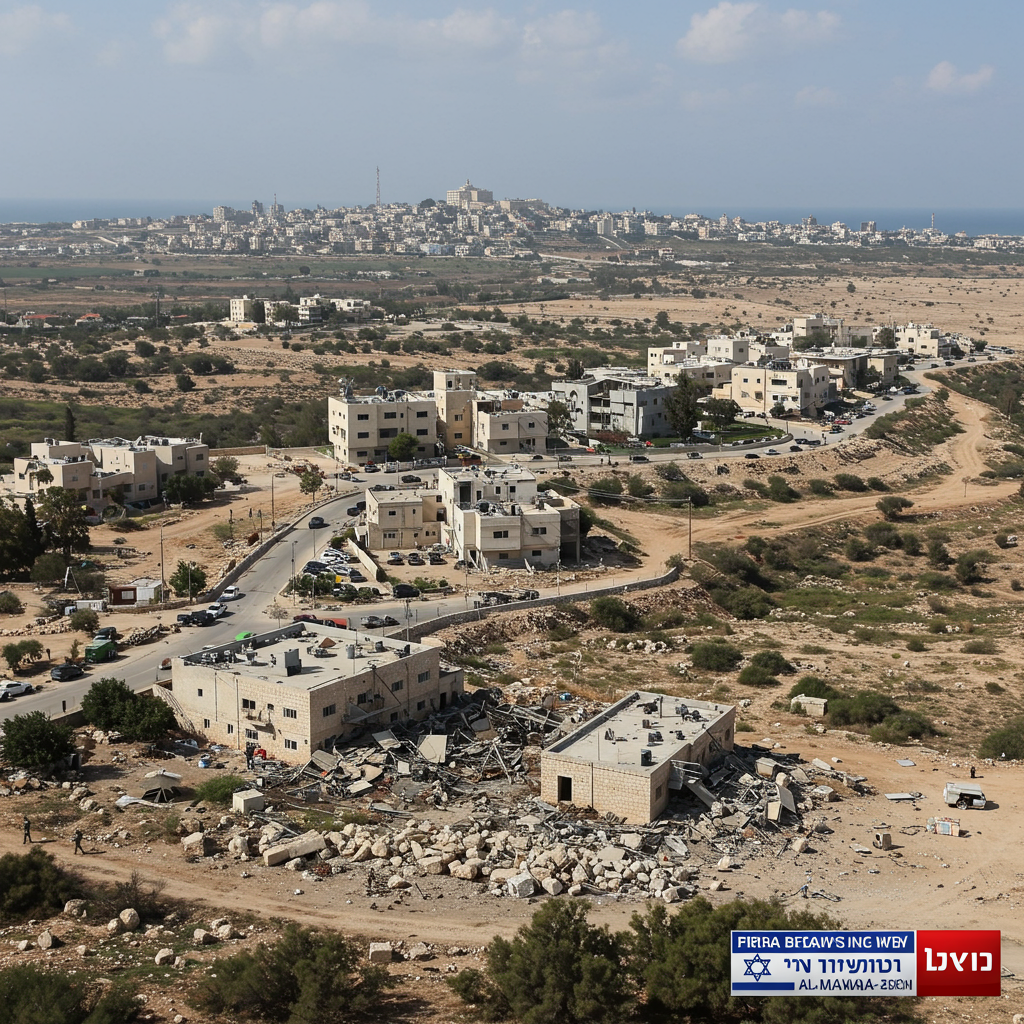The already dire situation in Gaza and the occupied West Bank continues to worsen, marked by escalating violence that has claimed numerous lives. Recent Israeli military strikes across Gaza have resulted in dozens of fatalities, adding to a devastating total death toll estimated to be in the tens of thousands since the conflict intensified.
In parallel, deadly violence by Israeli settlers in the occupied West Bank is also claiming Palestinian lives, with at least three killed in a recent attack. These events underscore the ongoing human cost of the conflict across both territories.
Gaza Faces Renewed Assaults Amid Humanitarian Crisis
Recent Israeli attacks have hit multiple locations in Gaza. Among the immediate casualties, sources in Gaza hospitals report at least 14 Palestinians killed in strikes since midnight, following over 100 deaths reported just the previous day. Specific incidents contributing to this toll include a bombing of a school sheltering displaced people in the Sheikh Radwan neighborhood of Gaza City, which killed at least nine people. Additionally, three Palestinians were killed near aid distribution points, sites crucial for accessing desperately needed humanitarian assistance. Other strikes have reportedly targeted residential areas in northern and central Gaza.
The scale of destruction across Gaza is immense, coupled with a severe humanitarian crisis. Widespread displacement has affected the vast majority of the 2.3 million residents, many of whom are living in brutal conditions in makeshift camps during winter months. Aid delivery remains challenging due to restrictions, ongoing fighting, and a breakdown of law and order, contributing to dire shortages and reported deaths from preventable causes like hypothermia among infants.
Settler Violence Escalates in the West Bank
Separately, violence by Israeli settlers in the occupied West Bank continues unabated, with deadly consequences for Palestinians. In the town of Kafr Malek near Ramallah, armed settlers attacked homes and vehicles, setting fires and opening live fire, killing three Palestinians within their residences. Palestinian officials have condemned these attacks, accusing Israeli forces of failing to intervene effectively and allegedly obstructing emergency services.
This fatal incident is part of a disturbing trend. Reports indicate that Israeli settlers, often operating with impunity from nearby outposts, have increased attacks and harassment against Palestinian communities, including vulnerable populations like older people, women, and children, seemingly aimed at forcing them from their homes. Other recent reports detail settlers storming villages and attacking Palestinian vehicles.
Meanwhile, the UN Human Rights Office reports that Israeli authorities are pursuing measures that could lead to the forced displacement of large numbers of Palestinians in the West Bank, including East Jerusalem. This is being facilitated by rejecting building permits, citing military training needs in areas like Masafer Yatta, and is accompanied by increased home demolitions, arbitrary arrests, and movement restrictions. The UN warns that the potential forced transfer of over 1200 Palestinians from Masafer Yatta could constitute a war crime.
Political Tensions and Aid Controversy
The focus on Gaza intensifies following a temporary ceasefire between Israel and Iran, which was reportedly facilitated by the United States. However, domestic political dynamics within Israel, particularly within Prime Minister Benjamin Netanyahu’s government, present significant challenges.
Israel’s National Security Minister, Itamar Ben-Gvir, has controversially described the humanitarian aid entering Gaza as an “absolute disgrace,” advocating for its complete cessation. He argues that halting aid would “expedite reaching victory” and claims that Hamas controls aid distribution, using it to sustain itself – a point some Israeli officials have reportedly used to justify restricting deliveries. Ben-Gvir has stated his intention to demand a cabinet vote on stopping aid again.
Analysts suggest that despite any political boost Netanyahu may have received from the confrontation with Iran, he remains reliant on hardline allies who are pushing for a more aggressive approach in Gaza, including figures like Finance Minister Bezalel Smotrich, who called for turning “with all our strength to Gaza, to complete the task: To destroy Hamas and return our hostages” after the Iran ceasefire. This political balancing act limits Netanyahu’s ability to change course in Gaza, even as some reports indicate intensified ceasefire talks.
The United States’ role is also scrutinized. While a recent poll suggests a majority of Israelis favor a deal with Hamas to end the war and secure the release of remaining hostages, US policy continues to heavily support Israel. Some analysts note that past US administrations, particularly under former President Trump, have given Israel “carte blanche” in its actions in Gaza, suggesting that significant US pressure would be needed to alter Israel’s strategy.
Other Developments
Amidst the ongoing conflict, other related incidents highlight the regional complexities. An Israeli student is reportedly facing indictment for allegedly conducting missions for Iran, including placing road spikes and attempting to harm a public figure. Separately, Iran’s state media has claimed an Israeli attack shortly before the recent ceasefire killed an Iranian nuclear scientist and 11 members of his family, a claim not verified by other sources.
The human toll and humanitarian crisis in Gaza continue to draw international attention and condemnation. US political figures, such as Senator Bernie Sanders, have linked US military support for the current Israeli government to the suffering in Gaza, emphasizing that criticism of government policies should not be conflated with antisemitism.




